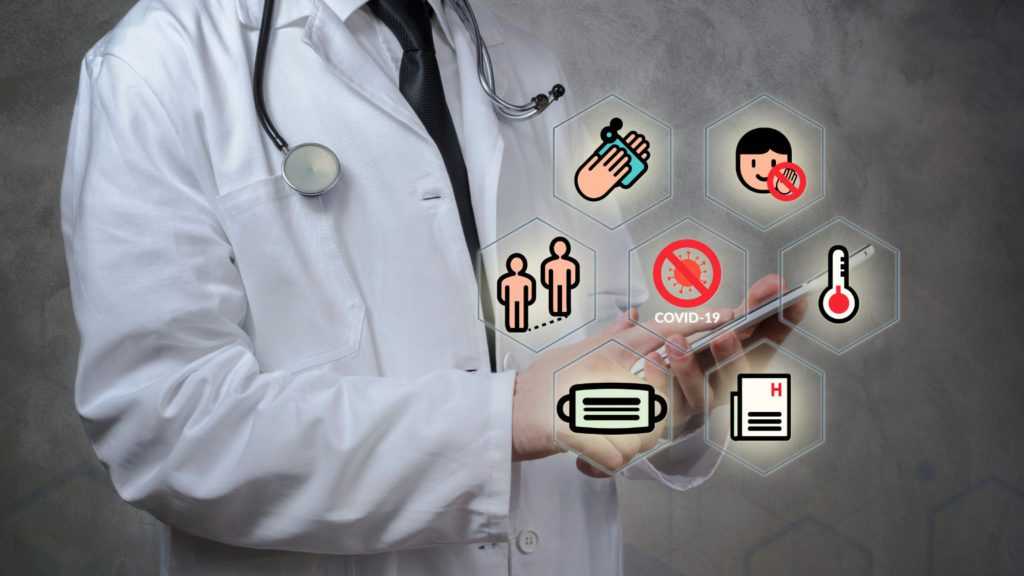Two years into the pandemic, you must know what coronavirus is. You must know all the health implications it causes and the rise in the death toll. But little do you know the effect it has on society. So let’s explore Covid-19 and its impact on society.
Coronavirus disease is an infectious disease caused by SARS-CoV-2 (Severe acute respiratory syndrome coronavirus 2). The disease was first identified in December 2019 in Wuhan, the capital of China. It has spread globally and has resulted in a pandemic. The virus primarily came from animals (zoonotic) and transmitted among people through close contact (direct) via droplets coming from coughing and sneezing. It can also spread by touching contaminated surfaces. Some medical procedures; intubation and cardiopulmonary resuscitation (CPR) may help in the removal of secretions, aerolisation and airborne spread.
In SARS, lungs are most affected via the enzyme, angiotensin-converting enzyme 2, in type II alveolar cells of the lungs. The virus uses a specific surface glycoprotein called a spike, to connect to ACE2 and enter the host. The density of ACE2 is associated with the severity of disease in that tissue.
Symptoms Of COVID-19
Its common symptoms include fever, cough, shortness of breath, sputum production, chills, hemoptysis, pink eyes. Upper respiratory symptoms include sneezing, sore throat. Gastrointestinal symptoms include nausea, vomiting and diarrhoea. Neurological symptoms involve headaches. Other symptoms include chest tightness, palpitations and may progress to pneumonia and multiorgan failure, which leads to death.
- On its 1st-3rd day; fevers light pain in the neck.
- On the 4th day; pain in the neck, voice heavier, headache and fever.
- On the 5th day; laziness, body aches, dry cough.
- On the 6th day; a slight fever, breathing problem, vomit.
- On the 7th day; a high fever, cough straining, constipation and vomit.
The standard method of diagnosis is a reverse transcription-polymerase chain reaction from a nasopharyngeal swab.
Learn more about the covid-19 diagnostic test.
Preventive Measures
Preventive measurements include:
- frequent handwashing with antiseptic soap or hand sanitiser for up to twenty seconds after every two hours,
- maintain social distance (especially from those who suspect symptoms)
- covering face with bend elbow while sneezing
- keep away dirty hands from the face or mouth
- use of a mask for those who are suspected of the virus. A specific N-95 mask is designed for the prevention of coronavirus.
- practising good respiratory hygiene
- staying at home and avoiding crowded places
- travel restrictions with quarantine period assigned
- use of mechanical ventilation may help ICU patients
A high incidence of thrombosis and thromboembolism have been found in ICU patients with COVID-19 infection. There are no specific antiviral medications too. The only management is the treatment of symptoms, supportive care, isolation and physical therapy.
Here is how you can increase your immunity to fight the coronavirus.


COVID-19 And Its Impact On Society
Society is suffering a lot from this pandemic. People fear getting infections from anywhere. People suffer from panic attacks, anxiety, and stress. They see news about cases and controls of COVID-19 and get more scared about the situation. The home quarantine is affecting all people of the society socially, economically and psychologically.
Humans are social animals, confining them in four walls will obviously take a toll on their mental health. Keeping a distance might help them stay physically healthy but it’s not normal, and any deviation from the normal is bound to affect the human psyche. Not only this, the pandemic has made people suffer, physically, emotionally, and even economically. Many have lost their jobs and many have seen the businesses dissolving.
Now that we have developed a vaccine, there are significant chances for the world to return to normalcy. There is no denying that the covid-19 and its impact on society will always be remembered, and it has scared the world for good. But here is to hoping that the scars fade away soon.
Dr. Umee Aiman
DPT (UOS, pain management UK)
Book an appointment now, to answer all your queries. You can book an appointment with the Dr. Umee Aimen in Pakistan through Marham by calling at Marham helpline: 0311-1222398 or by online booking facility through the website or Marham mobile app.
Can’t Find The App?
Android Users:
https://play.google.com/store/apps/details?id=controllers.marham.marhammed&hl=en
Drop a review for us at Playstore if you’ve had a good experience!
iPhone Users:
https://apps.apple.com/pk/app/marham-find-a-doctor/id1095243102
Stay Home Stay Safe!

